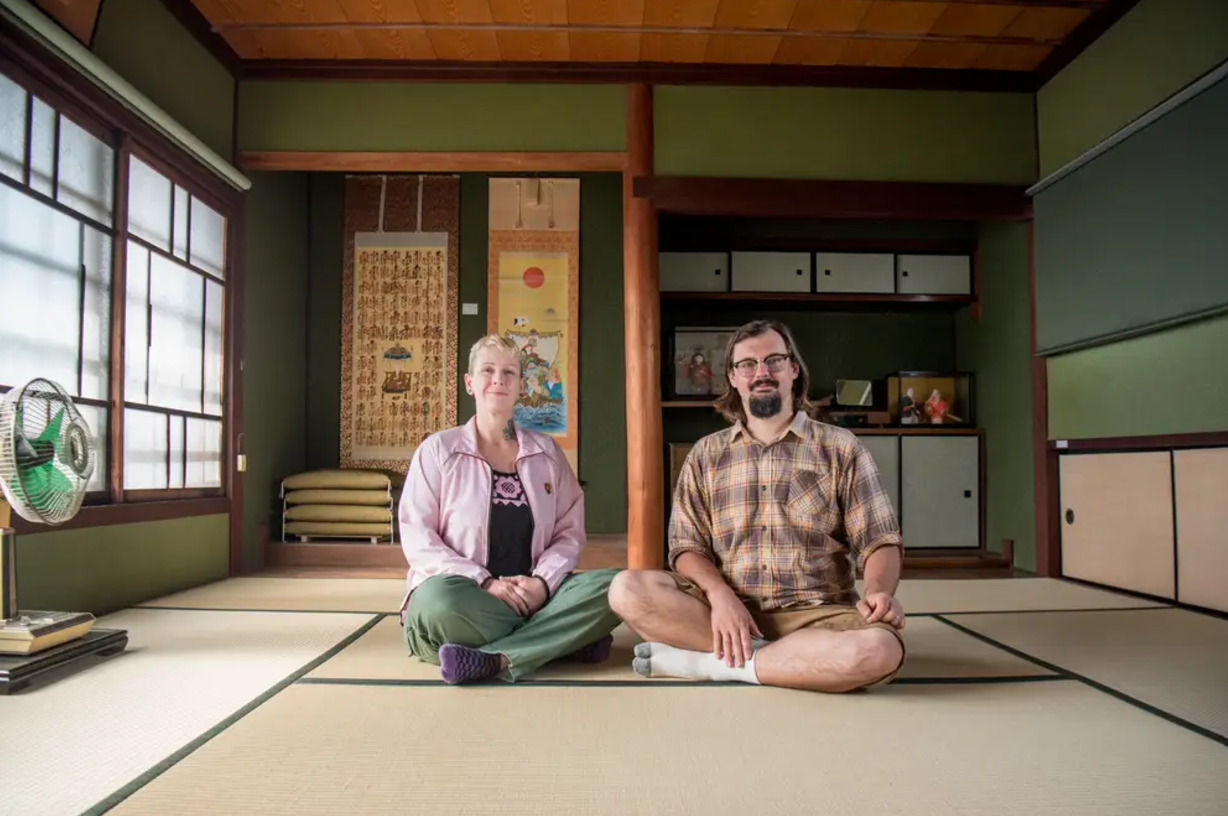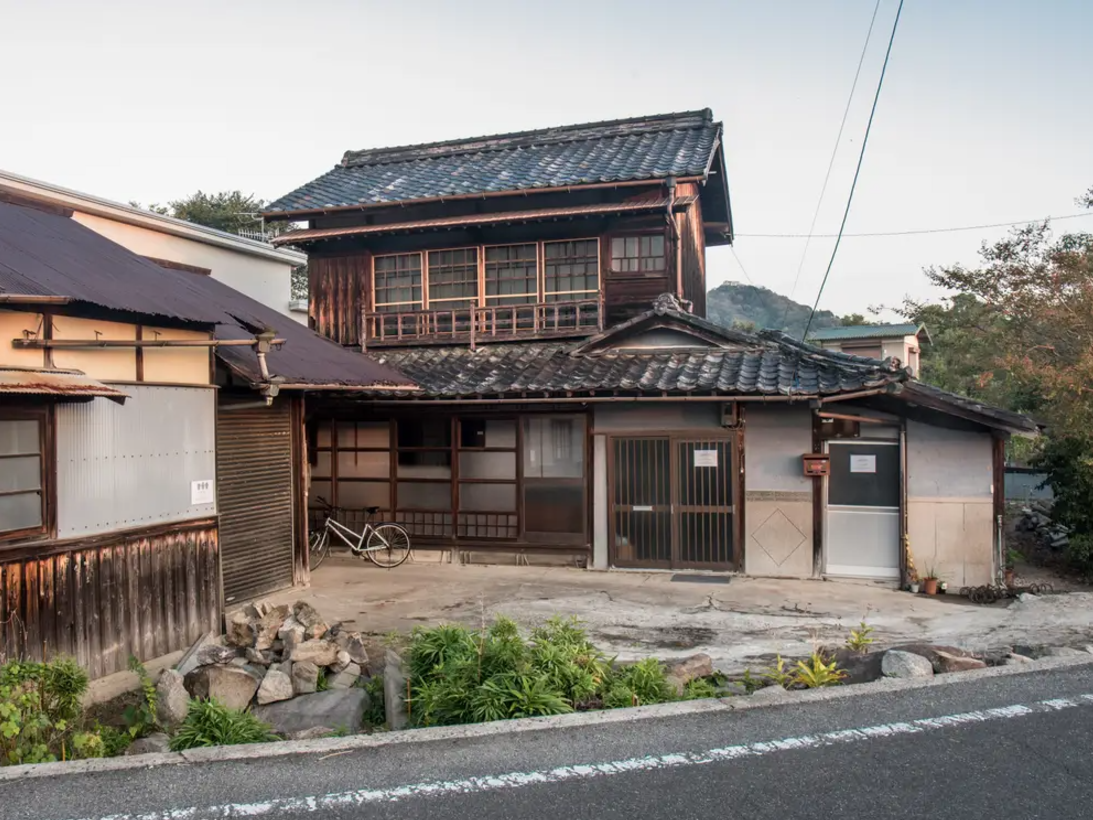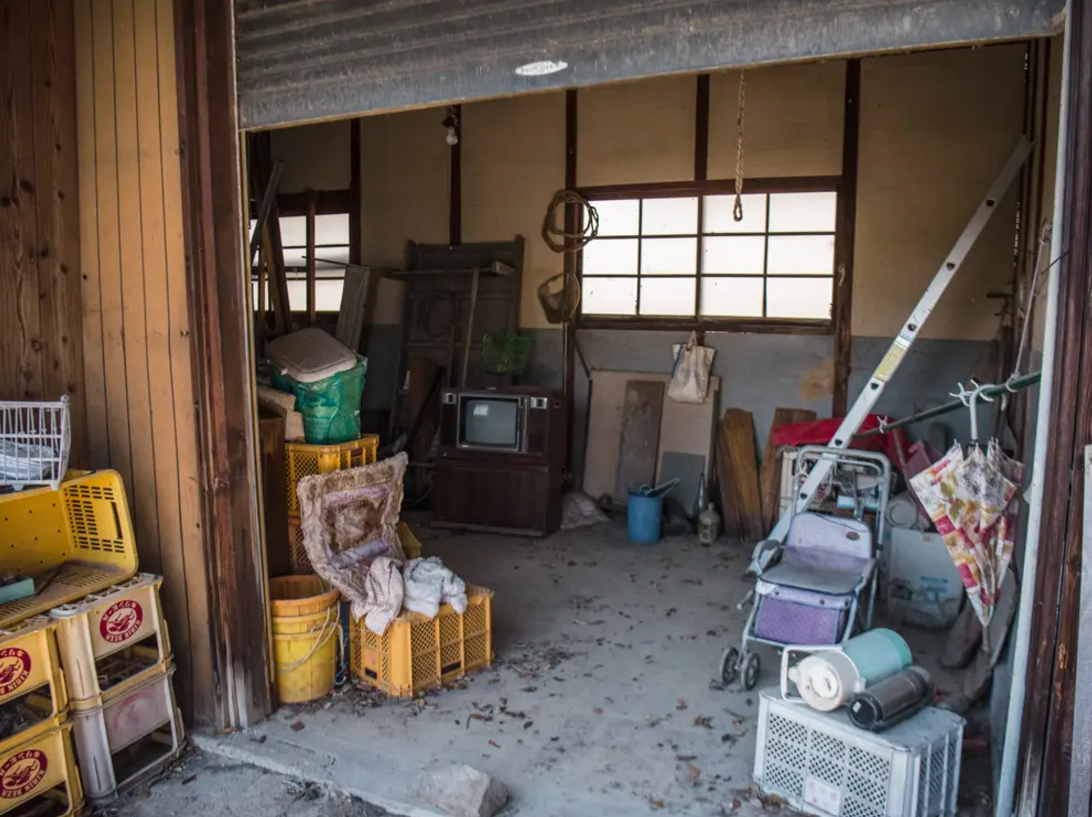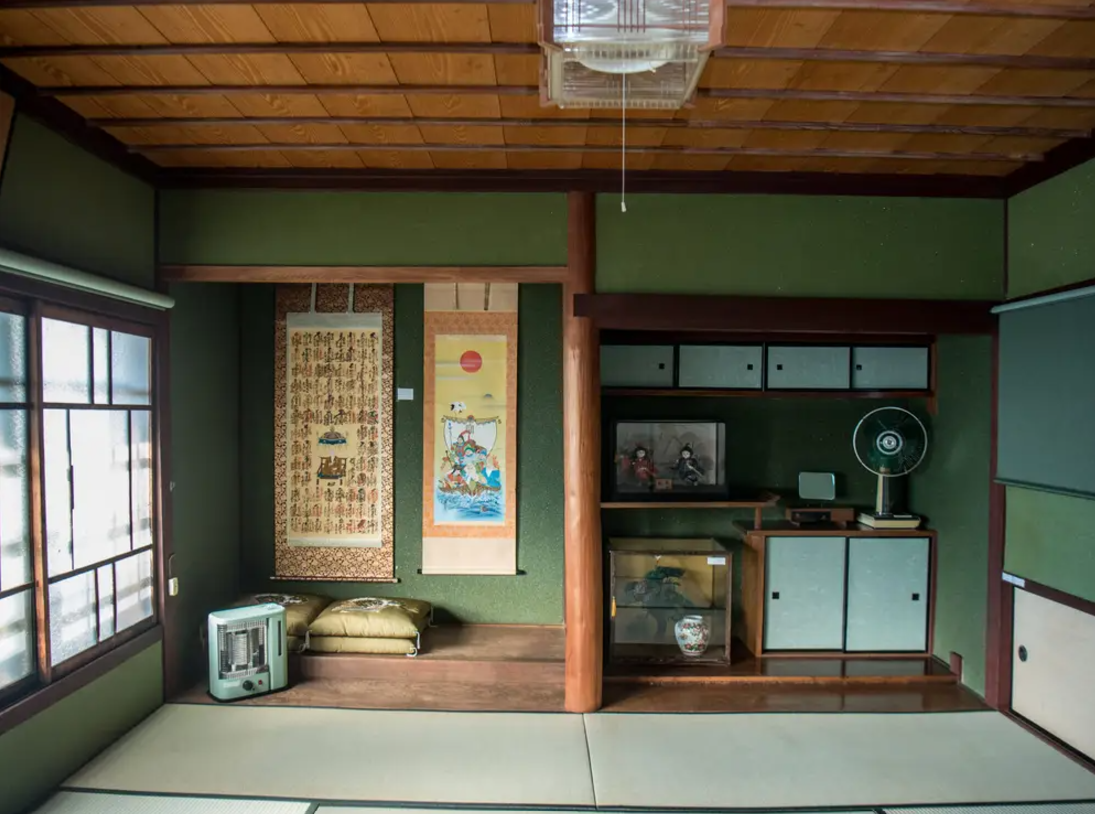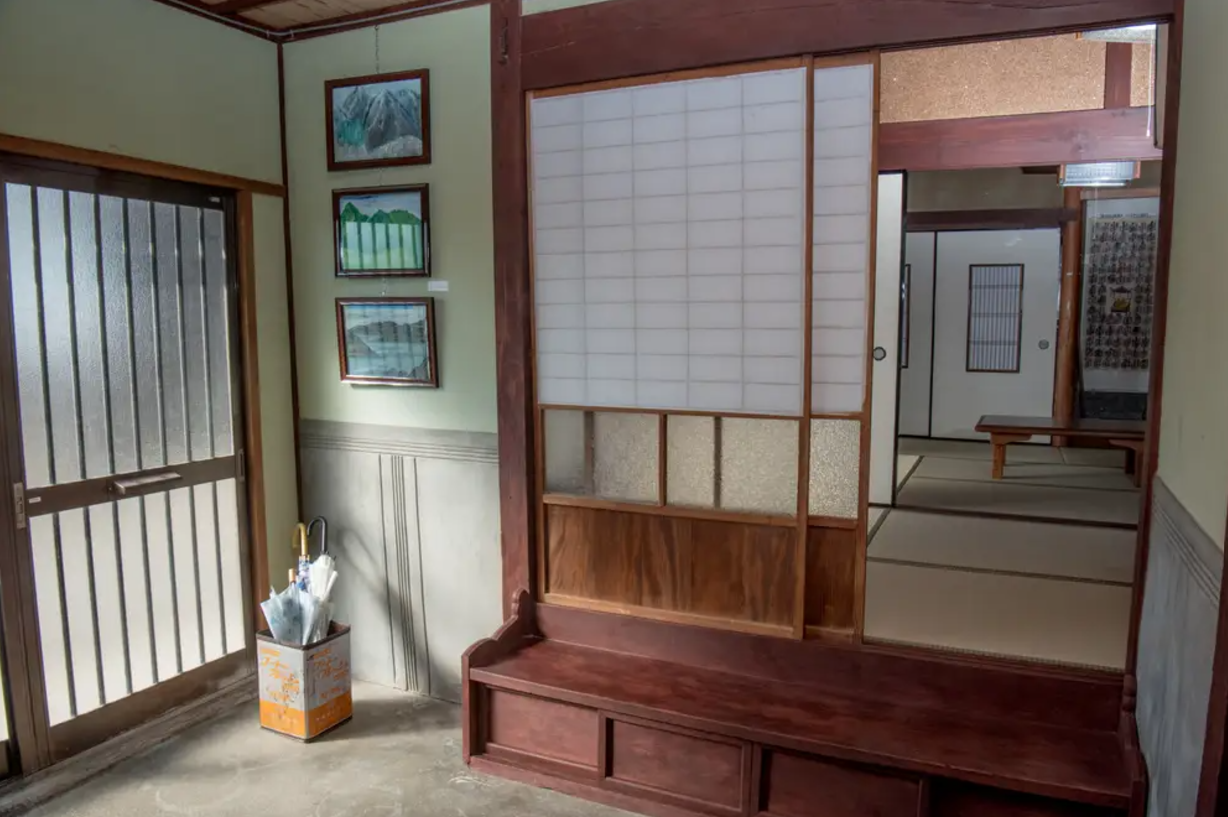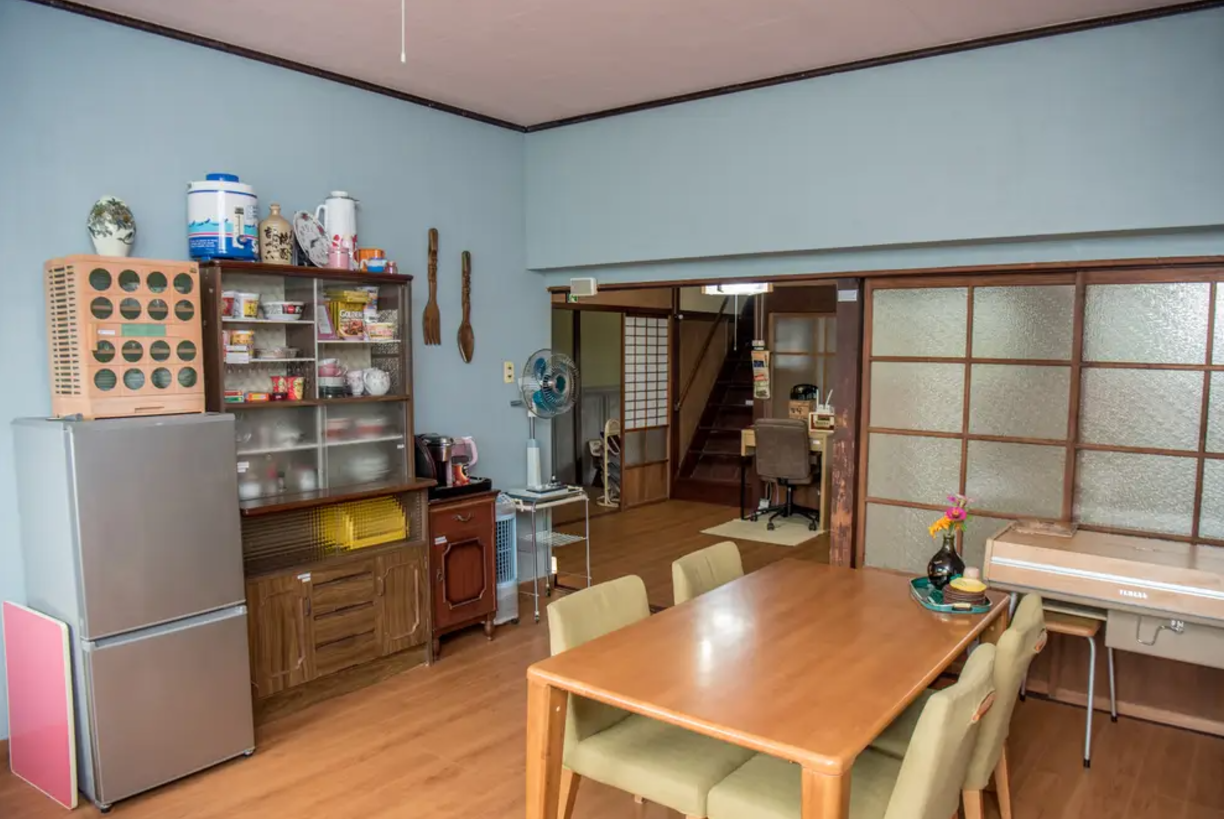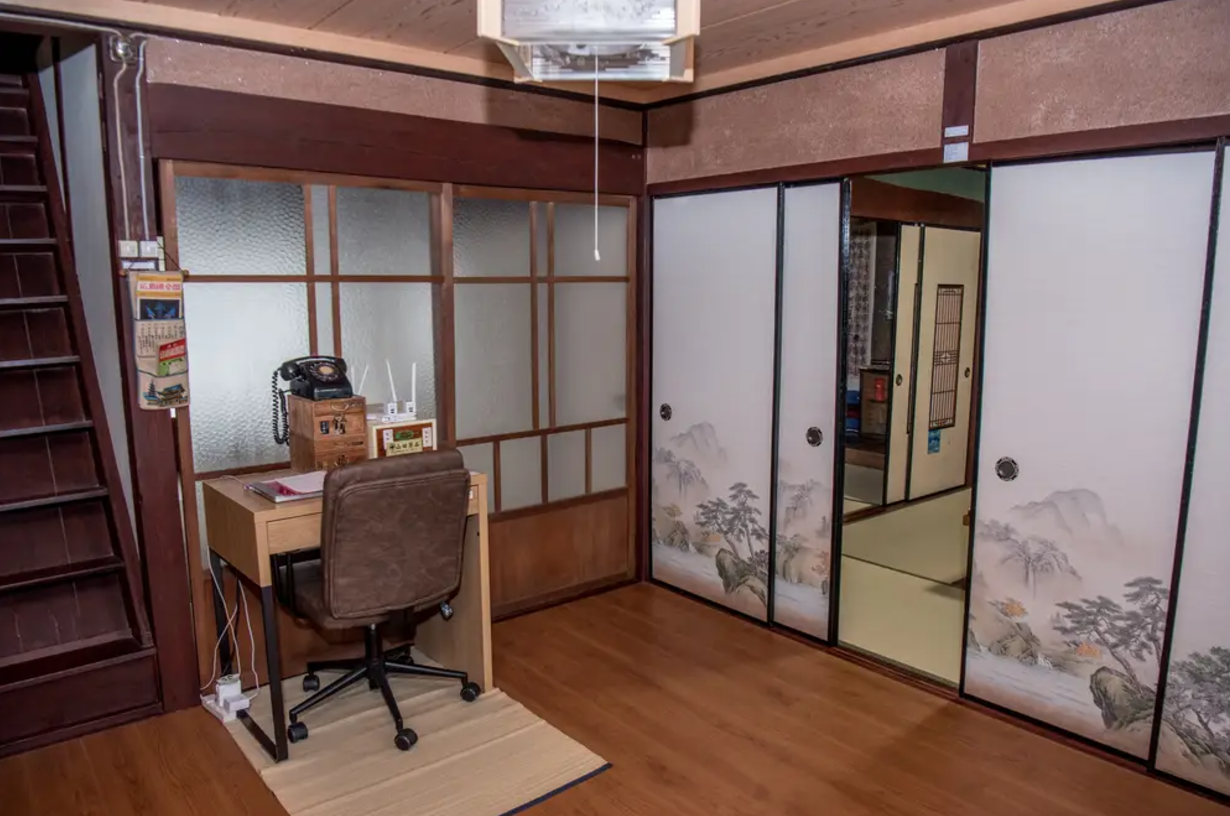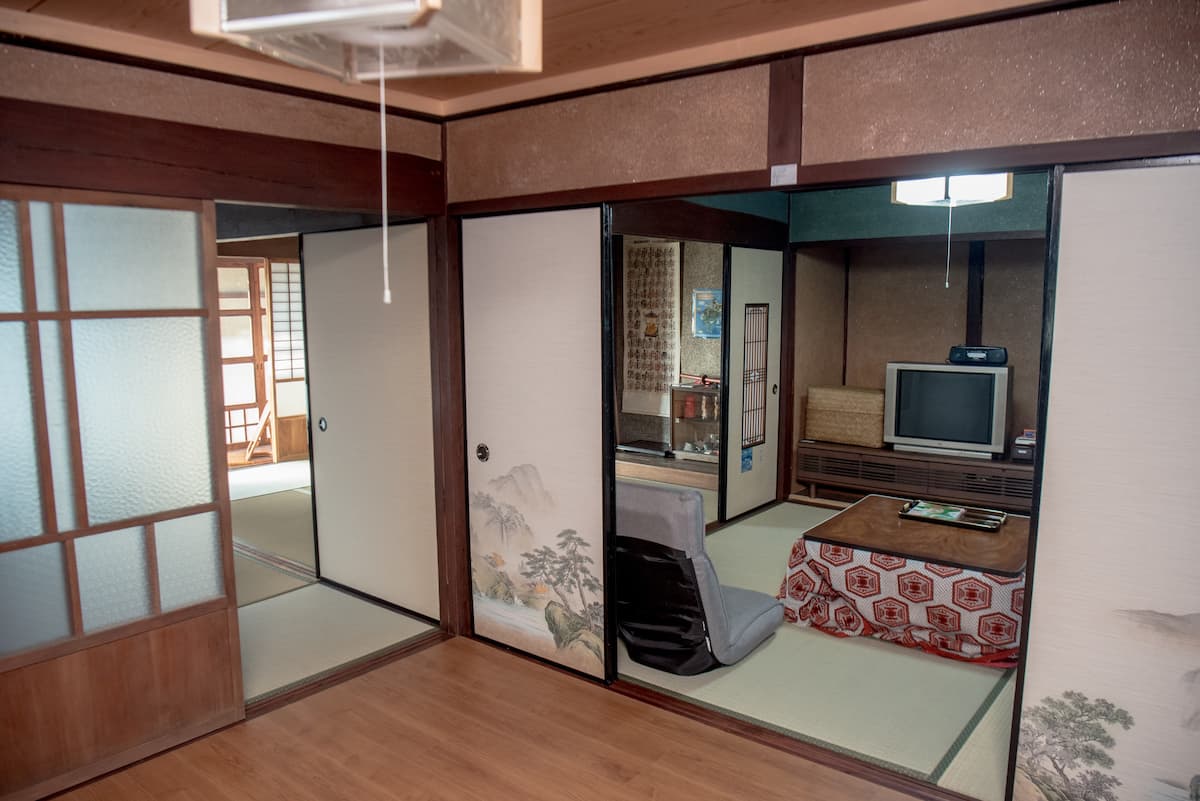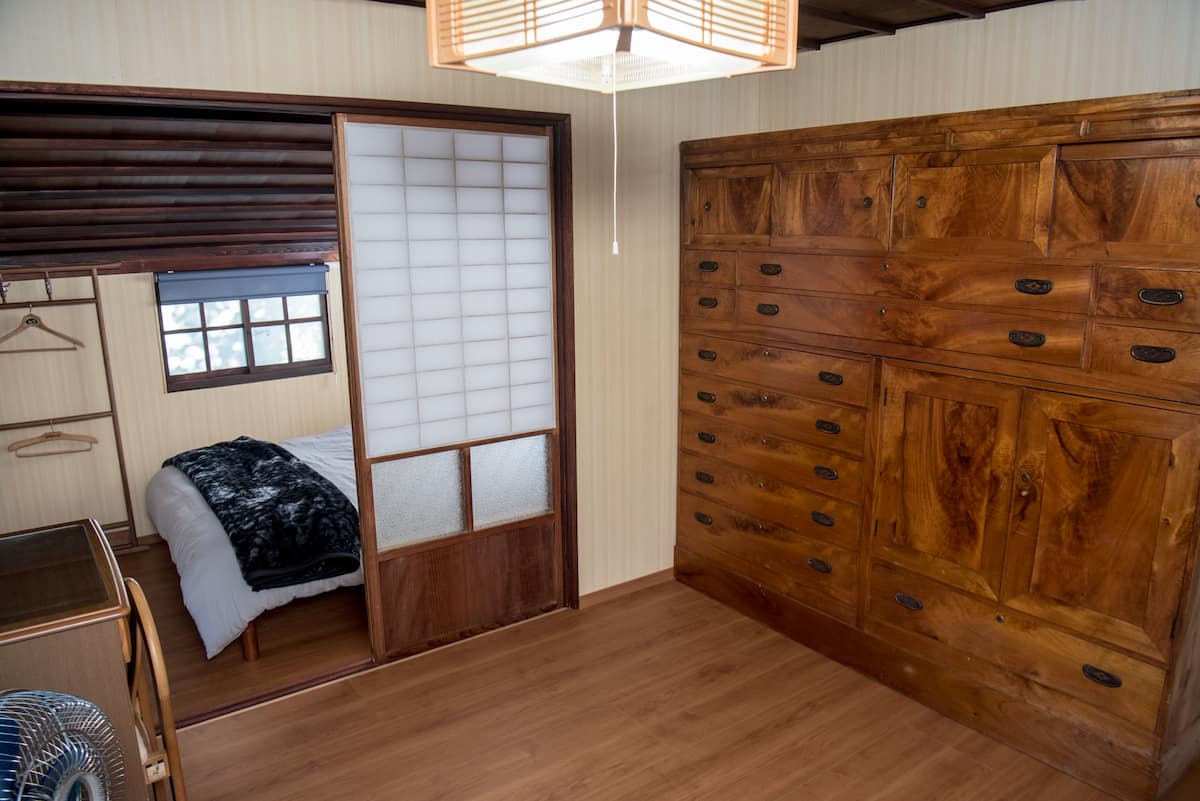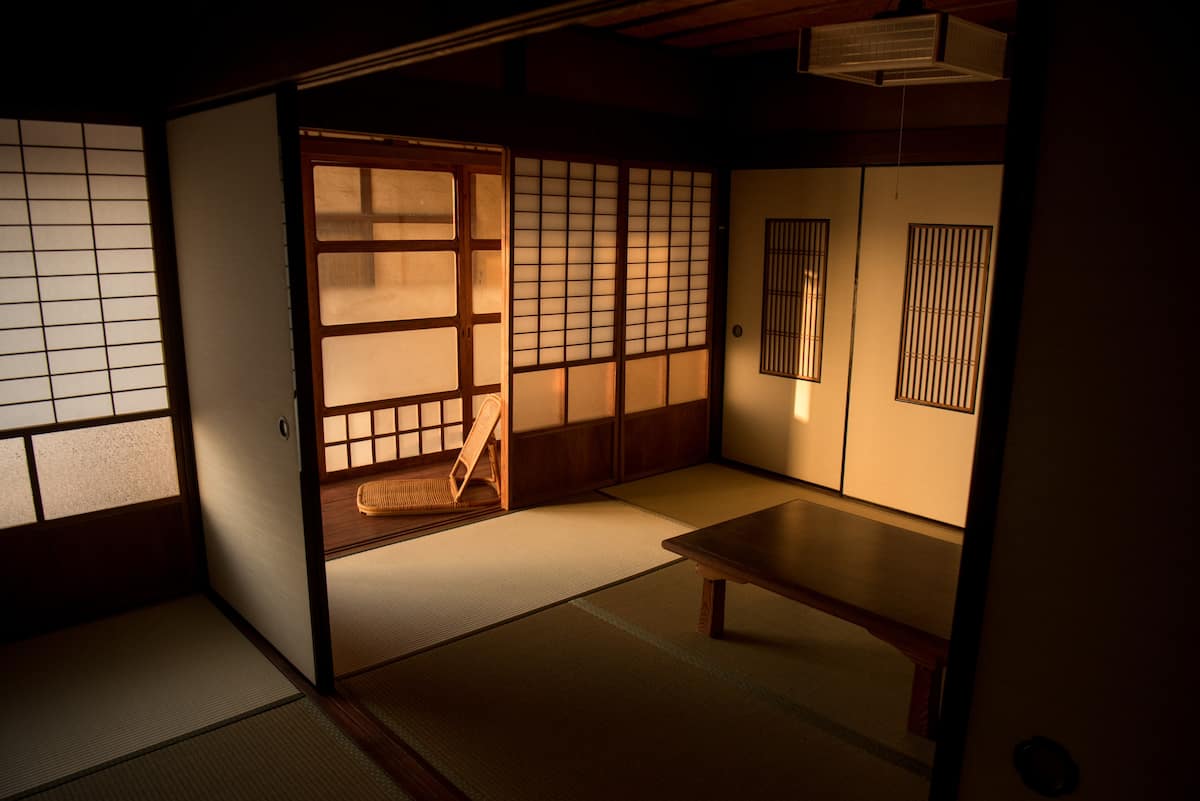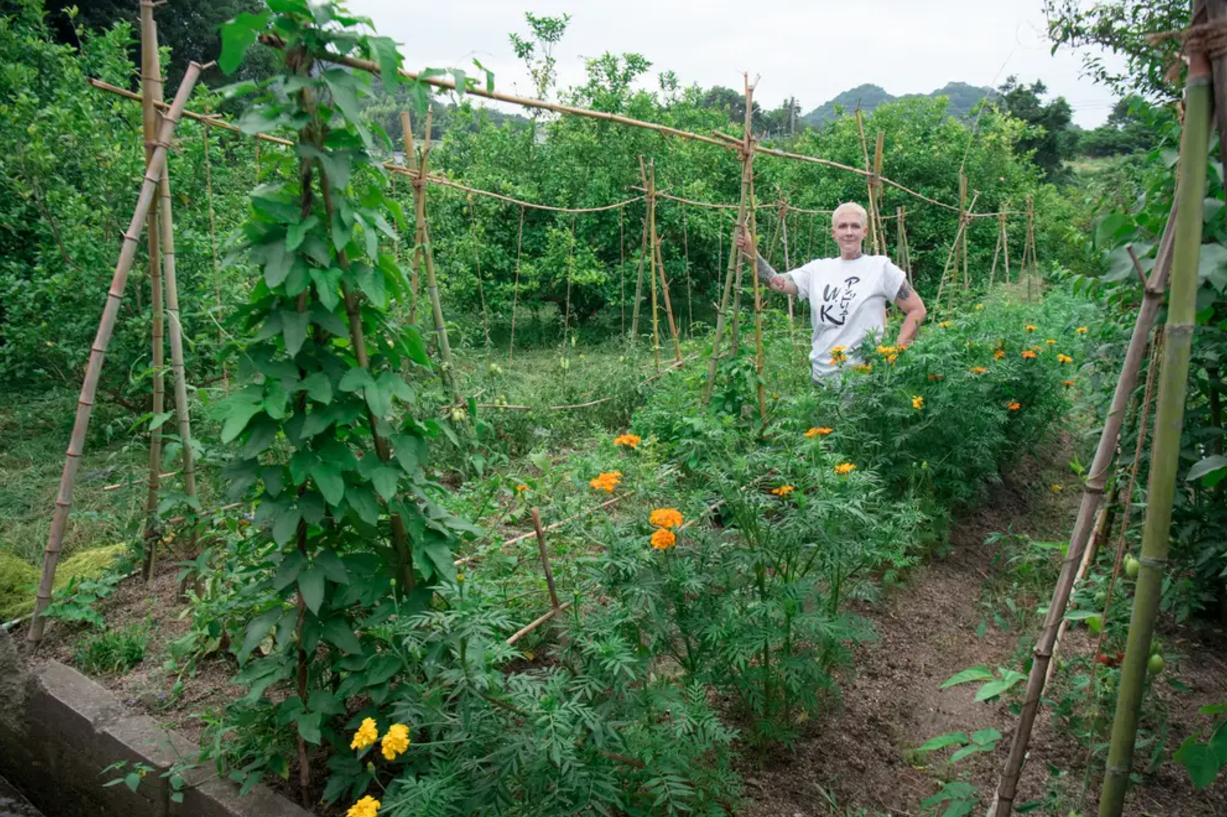Millennial Couple Buy Abandoned Japanese Home For RM29,700 & Now Rent It Out On Airbnb
It took them six months to clean and renovate the home.
When American couple Dani, 40, and Evan Benton, 41, moved to Omishima, a small island in Japan's Seto Inland Sea, they were ready for a change
After six years of running an urban farm and Airbnb in New Orleans, followed by 15 months of travelling and house-sitting in Mexico, they craved a simpler, slower-paced life.
Their solution? Turning one of Japan's millions of abandoned homes, called akiya, into a fully renovated Airbnb guesthouse. As the couple loved old homes and Evan already spoke Japanese, it seemed like a solid option for them.
Japan currently has 8.5 million akiya for sale in rural areas
Due to Japan's shrinking population and internal migration to bigger cities, the country has millions of unoccupied and abandoned houses in rural areas.
In a bid to get foreigners to invest and bring homes back to life, there are few restrictions on foreigners purchasing property, which are priced relatively low in the countryside.
For 1 million yen (RM29,700), the Bentons purchased their akiya, a 1950s two-storey house that had sat abandoned after the previous owners passed away
The property was owned by a 75-year-old Japanese man who lived in the neighbourhood. The home had belonged to his parents but remained untouched since their passing a decade ago.
According to the couple, the foundation was solid, but the home was filled with dusty furniture and belongings, and required significant cosmetic work to become liveable, let alone guest-ready.
The couple's move was facilitated by a startup business visa, which supports foreign entrepreneurs in launching small businesses in Japan
As part of their application, the Bentons submitted plans to establish a homestead, produce honey, start a small-scale farming business, and open a guesthouse.
"What the startup visa does is it encourages foreign people to move to Japan specifically to start small businesses," Dani said, speaking to Business Insider.
"You get residency, and you have six months to do things like open your bank account, incorporate your business, get everything funded, and obtain whatever licenses you may need," she added.
Another visa requirement was that the couple had to invest at least 5 million yen (RM148,800) into their business bank account or hire a minimum of two employees.
After a few revisions, their proposal was approved and they were granted their startup business visa by the end of June 2023.
The couple were hands-on with their akiya project, and documented their journey on YouTube
Together, the Bentons cleaned, repaired, scrubbed, painted, and restored the home. For larger tasks, they hired professional contractors.
During the renovation process, the couple lived in the akiya.
Watch their video to see what the akiya looked like when they first purchased it:
Evan explained that they had to replace fixtures and address plumbing, but thankfully, the house already had a modern toilet connected to the city sewage system.
However, one thing the home lacked was hot water. For months, the couple had to visit the public bath while renovating.
In total, the couple spent USD19,000 (RM85,000) on renovations and USD5,000 (RM22,300) on furnishings and appliances, transforming the house into a charming, minimalist retreat.
The guesthouse opened its doors to visitors in November 2023 and now rents for 20,000 yen (RM595) a night on Airbnb
With tatami mats, traditional design elements, and modern comforts, the property offers guests a unique blend of rural Japanese living and hospitality.
While managing the guesthouse, Dani and Evan are also establishing their homestead
They've already harvested honey from their 12 bee colonies and started growing vegetables.
But beyond their projects, the couple has found something even more valuable: community.
The Bentons shared that they've built deeper connections to their neighbours. "We never lock our doors," Dani said.
With plans to renovate a second akiya for their personal home, the Bentons are firmly rooted in Omishima.
The island is part of the famous Shimanami Kaido cycling route, which connects six islands via a stunning series of suspension bridges. The area is dotted with shrines, local restaurants, and a samurai museum, making it a hidden gem for tourists.
Watch the Bentons as their explore life in rural Japan on their YouTube channel and check out their Airbnb listing.
